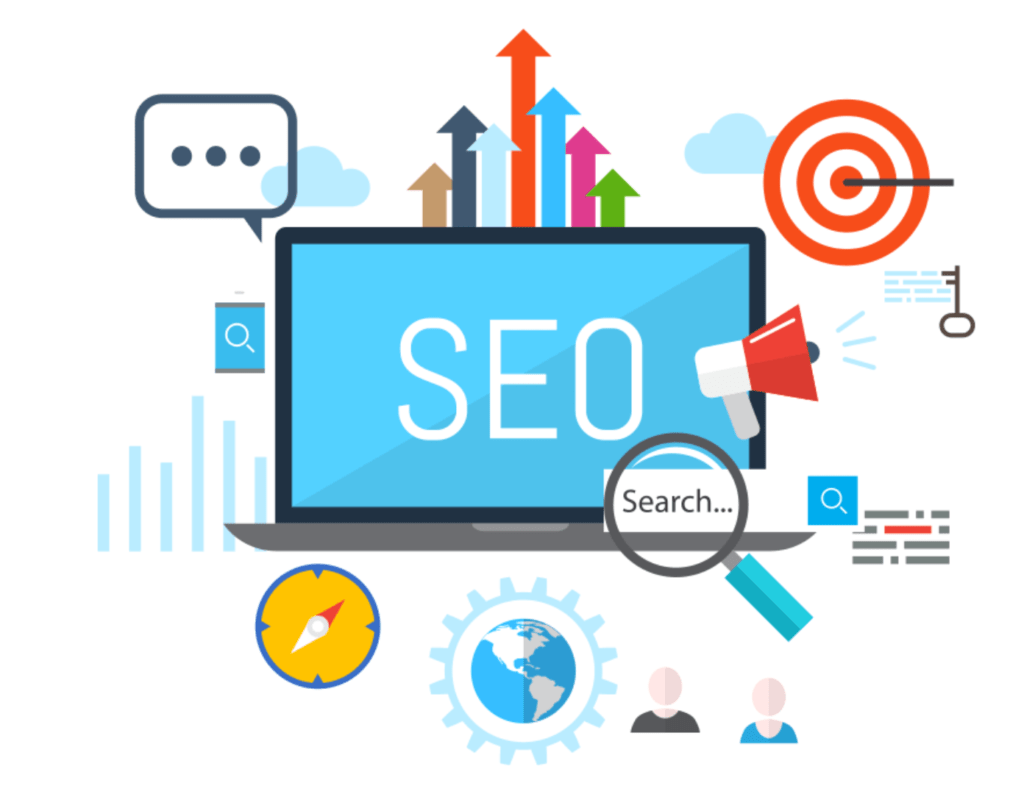SEO Strategies for Startups in 2026: 5 Proven Growth Tactics
In 2026, successful SEO strategies for startups focus on search intent, experience-led content, technical performance, and trust signals. Instead of chasing high traffic, startups should prioritize qualified visibility and long-term organic growth.
Why Most Startup SEO Fails (And Why Yours Doesn’t Have To)
Many startups invest time and money into SEO but see little return.
Not because SEO is dead — but because the approach is outdated.
In 2026, Google no longer rewards:
- Generic advice
- Keyword-heavy blogs
- Content written only for algorithms
What works now is clarity, credibility, and consistency.
And this is where startups actually have an advantage.
The 5 Most Effective SEO Strategies for Startups in 2026
1. Intent-Based Keyword Research (The Foundation of Startup SEO)
The biggest SEO mistake startups make is targeting keywords that look attractive but don’t convert.
❌ Traffic-focused Keywords:
- SEO Tips
- Digital Marketing
✅ Intent-focused Keywords:
- “SEO strategies for startups in 2026”
- “affordable SEO for small businesses”
- “how startups get organic leads”
These keywords attract users who are ready to act, not just browse.
📌 Result: Fewer clicks, better leads, higher ROI.
2. Content That Builds Trust, Not Just Rankings
Google’s biggest update shift is clear:
Experience beats information.
In 2026, content ranks when it:
- Reflects real-world understanding
- Solves a specific problem
- Feels written by someone who has “been there”
Practical insight:
“One detailed, experience-driven article often outperforms five generic SEO blogs.”
This is especially powerful for startups competing with bigger brands.
3. On-Page SEO That Improves Clicks and Rankings
SEO isn’t just about ranking — it’s about getting clicked.
High-performing pages in 2026 have:
- Clear H1 and descriptive H2s
- Short paragraphs and scannable layout
- Optimized meta titles focused on clarity, not hype
- Internal links that guide the reader naturally
🧠 Rule of thumb:
If a founder can understand your page in 30 seconds, Google can too.
4. Backlinks That Startups Can Actually Earn
You don’t need hundreds of backlinks.
You need relevant and trustworthy ones.
Realistic backlink opportunities for startups:
- Guest posts on niche industry blogs
- Partner and vendor websites
- Startup directories and listings
- Local business citations
- Founder interviews and podcasts
Even 5–10 quality backlinks can move rankings when content is strong.
5. Technical SEO: The Silent Growth Multiplier
Many startups ignore technical SEO — and unknowingly block their own growth.
In 2026, your website must:
- Load fast (Core Web Vitals)
- Be mobile-first
- Have clean URLs and structure
- Be secure (HTTPS)
Great content cannot rank on a weak technical foundation.
Key SEO Trends Startups Must Prepare for in 2026
- AI-generated search summaries (AI Overviews)
- Zero-click searches
- Answer-first content formats
- Brand authority and trust signals
- Topic clusters instead of isolated blogs
Startups that align early will compound results faster.
Is SEO Still Worth It for Startups in 2026?
Yes — when done correctly.
SEO today is not about hacks or shortcuts.
It’s about:
✅ earning trust
✅ answering real questions
✅ building visibility that compounds over time
For startups, SEO remains one of the most cost-effective long-term growth channels.
How CO-OFFIZ Aligns With Startup Growth
At CO-OFFIZ, we work daily with startups, founders, and growing teams. We understand that sustainable growth requires focus, clarity, and the right environment — both online and offline.
With flexible coworking spaces across Delhi-NCR, CO-OFFIZ supports startups by providing professional workspaces where teams can execute ideas, collaborate efficiently, and scale with confidence.
FAQs About Startup SEO in 2026
Question 1: What are the best SEO strategies for startups in 2026?
Intent-based keywords, experience-driven content, strong on-page SEO, relevant backlinks, and technical optimization.
Question 2: How long does SEO take to show results for startups?
Typically 3–6 months, depending on competition and consistency.
Question 3: Is SEO affordable for early-stage startups?
Yes. SEO delivers high ROI when focused on quality and intent.
Question 4: Does AI reduce the importance of SEO?
No. AI makes structure, clarity, and trust more important than ever.
Final Thought
SEO in 2026 rewards startups that think long-term, write with clarity, and build real authority.
You don’t need to outspend bigger brands — you need to out-focus them.


